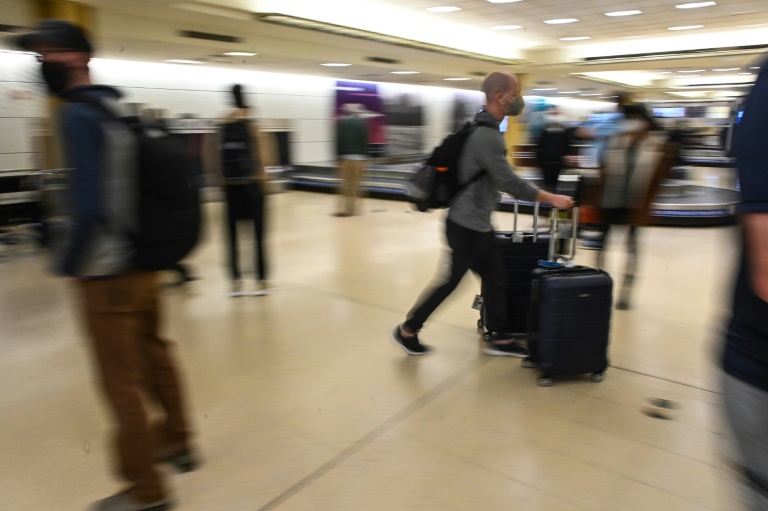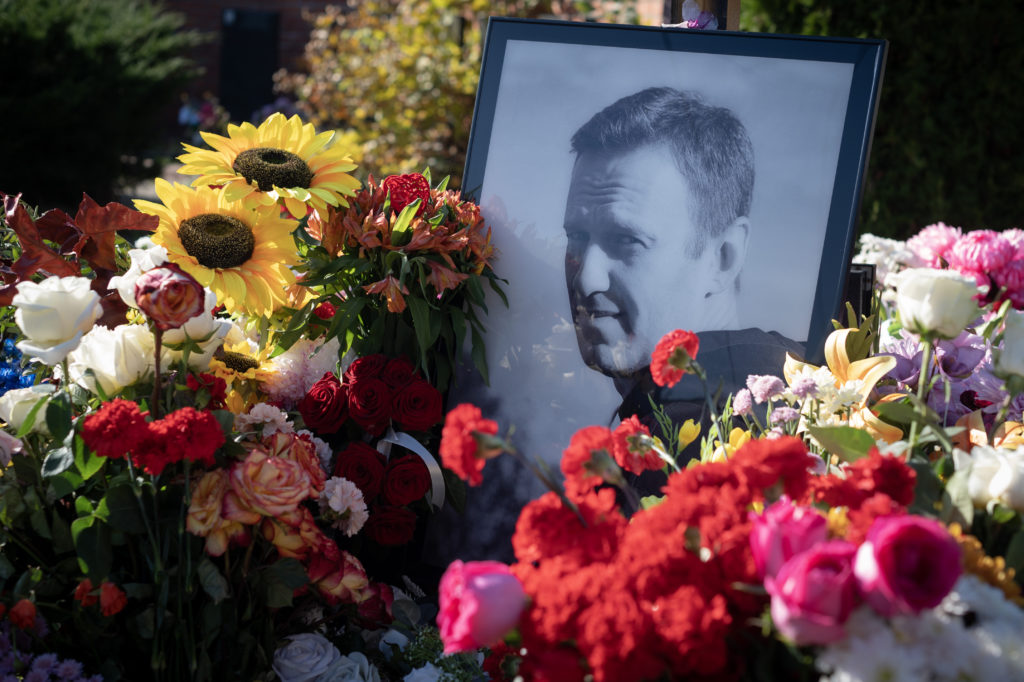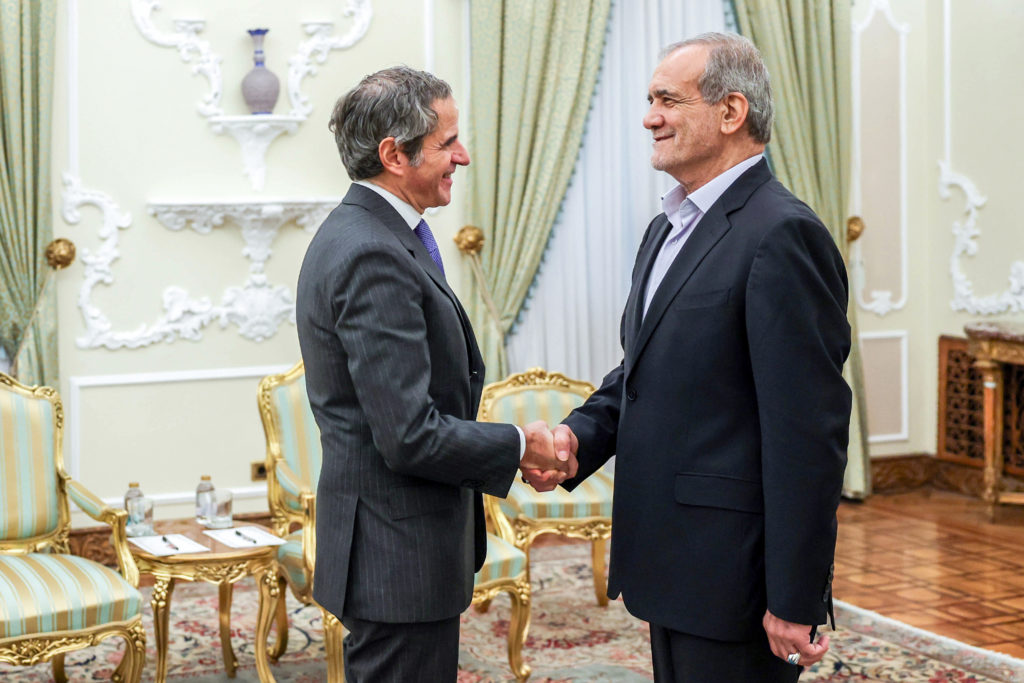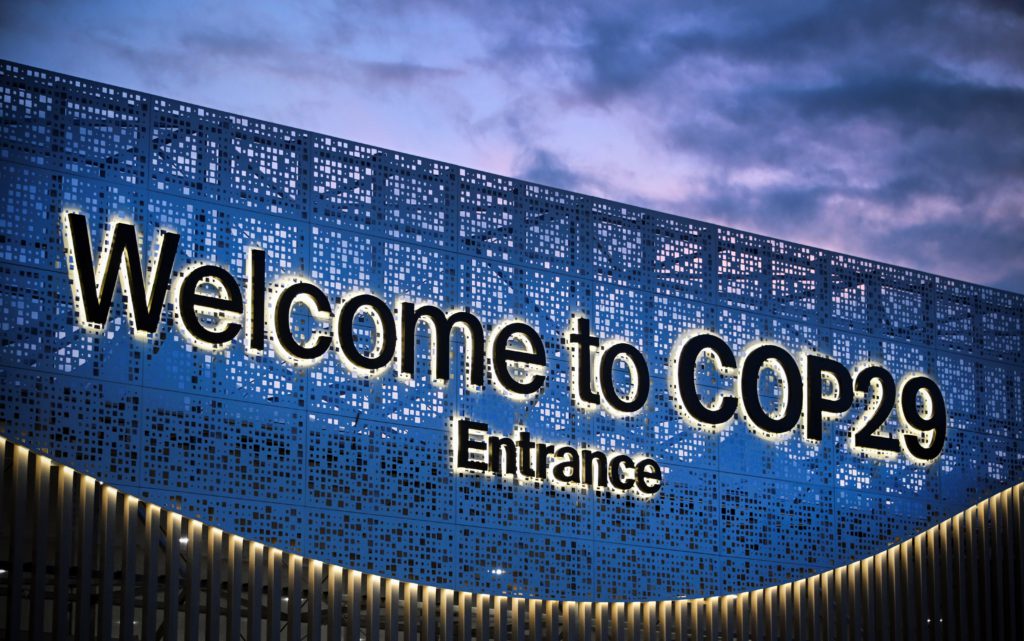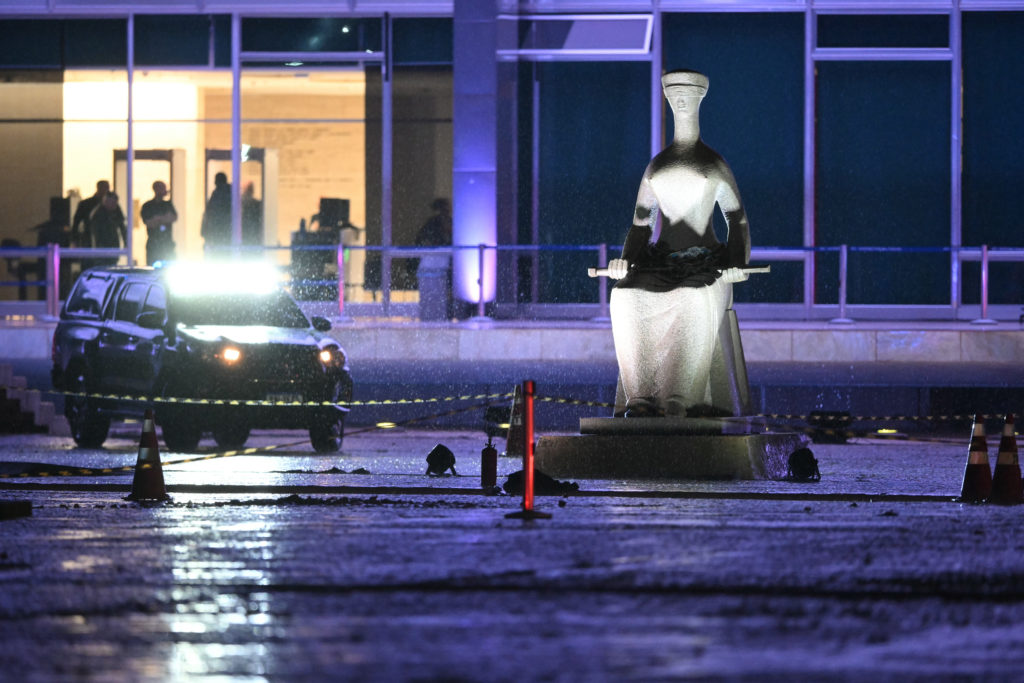France announced an easing of Covid restrictions from Monday and Britain’s health minister said curbs were an “absolute last resort”, as governments face tough choices between controlling the virus and keeping economies open.
Coronavirus cases have surged globally in recent weeks, fuelled by the emergence of the highly transmissible Omicron variant, and the pandemic dampened New Year’s celebrations yet again.
Europe crossed 100 million known cases on Saturday, and governments there are keen to prevent healthcare systems from becoming overwhelmed by Covid-19 while also avoiding punishing restrictions.
Fully vaccinated people in France who test positive will only have to isolate for seven days, and can leave quarantine after five days if they show a negative test.
The change in rules should allow a “benefit-risk balance aimed at ensuring the virus is controlled while maintaining socio-economic life”, the French health ministry said.
According to an AFP tally of official figures, 17 out of 52 countries or territories in Europe beat their previous record of most cases in a single week.
The countries with the highest ratio of infections per 100,000 inhabitants in the world were all in Europe too, with Denmark showing the worst figure of 2,045.
However, some studies have sparked hope that Omicron does not cause Covid as severe as the Delta variant, with some governments factoring that into their decisions to ease curbs.
But the World Health Organization has warned of trying times ahead, saying Omicron could lead to “a tsunami of cases” because of its high transmissibility.
– ‘Absolute last resort’ –
The virus surges dampened New Year’s celebrations around the world, with events cancelled and tens of millions spending the holidays under some form of restrictions.
The British government, which is responsible for health policies in England only, has put in place some precautions but so far refused to curb socialising and large events despite record case numbers last week.
It has pointed to the less dramatic rise in hospitalisations compared with case numbers as justification.
“Curbs on our freedom must be an absolute last resort and the British people rightly expect us to do everything in our power to avert them,” Health Secretary Sajid Javid wrote in the Daily Mail newspaper.
“I’ve been determined that we must give ourselves the best chance of living alongside the virus,” he added, noting the “enormous health, social and economic costs of lockdowns”.
Northern Ireland, Scotland and Wales have all rolled out new rules since Christmas limiting gatherings.
– Parties, protests, prayers –
Despite virus concerns, populations in many parts of the world have grown increasingly weary of restrictions, sparking regular protests and defiance in some countries.
Dutch police on Saturday broke up a rave in breach of Covid rules that was attended by hundreds in a disused factory, local media reported.
Dozens of police officers entered the makeshift venue in the central town of Rijswijk with hundreds more mobilised to shepherd people away, NOS television said.
The illegal rave attracted people from far and wide with locals saying they had seen vehicles come in from France and Germany but also as far away as Spain and Italy.
And in Stuttgart, Germany, about 100 activists attempted to stage an unauthorised protest against Covid vaccines and restrictions.
The virus was also on the minds of some worshippers who hiked to the summit of Mount Mitake in Japan to pray at a shrine and watch the first sunrise of 2022.
“Naturally, I prayed for a new year to be one in which the coronavirus goes away,” said visitor Rie Mogi.
burs-qan/mtp

